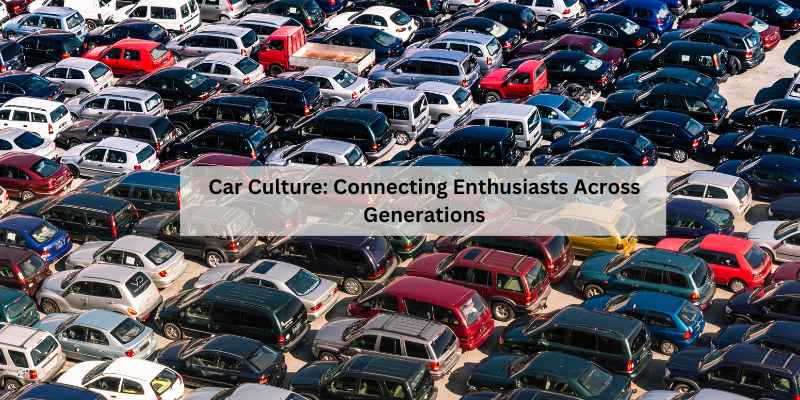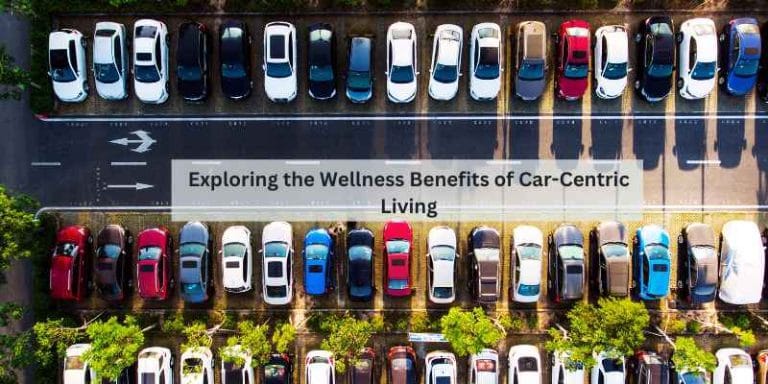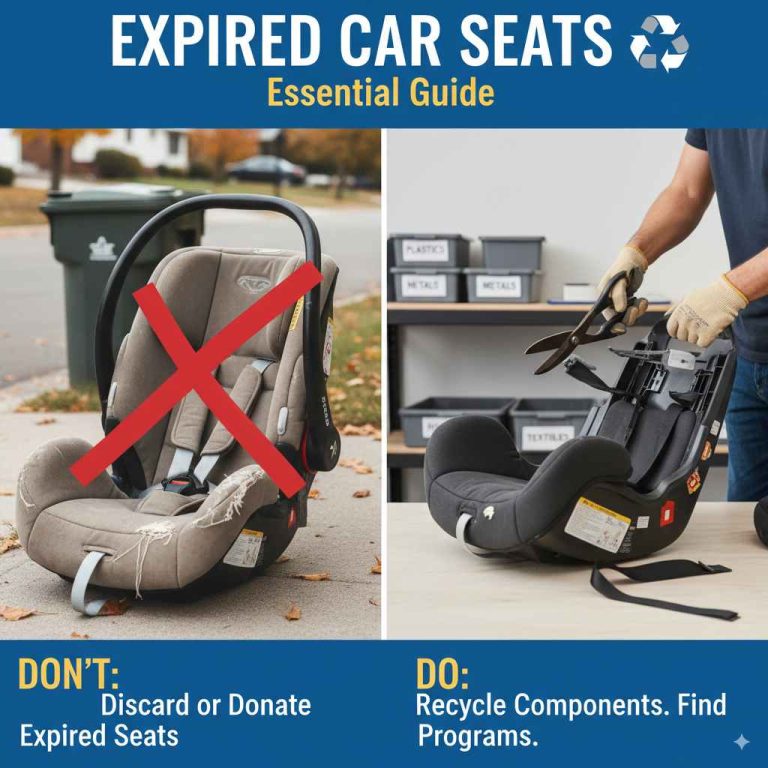Car Culture: Connecting Enthusiasts Across Generations
Car culture connects enthusiasts across generations, fostering social connections and uniting diverse individuals under a shared passion. This movement transcends from a hobby to a thriving culture, capturing hearts worldwide.
Enthusiasts value the aesthetic, cultural, and historical significance of vehicles, using them as a means of self-expression. The belief in “car culture” encompasses car-centric norms that shape society’s behaviors and policies. Despite negative impacts like pollution and accidents, the enthusiasm for cars continues to evolve, bridging age, gender, and cultural gaps.
As generational shifts influence collector vehicles, younger demographics show a growing interest in the collector car scene, with a focus on exotic cars, trucks, and SUVs. Car culture remains a dynamic and inclusive community that spans across generations, reflecting a deep-seated passion for automotive heritage and innovation.
The Heartbeat Of Car Culture
Car culture is more than just a hobby; it’s a vibrant community that transcends generations, connecting enthusiasts through a shared love for automobiles.
Revving Through History: The Origins Of Car Enthusiasm
Early car enthusiasts were drawn to the innovation and freedom that automobiles offered, sparking a passion that has evolved over the decades.
More Than A Machine: Emotional Ties Between Cars And People
Cars hold a special place in the hearts of enthusiasts, symbolizing freedom, nostalgia, and personal expression.
Generational Gears: Car Fandom Across Ages
Car culture is a vibrant tapestry that weaves through the fabric of time, connecting enthusiasts of all ages. From Baby Boomers to Gen Z, the love for automobiles transcends generational boundaries, creating a shared passion that unites young and old alike.
Baby Boomers To Gen Z: A Timeline Of Automotive Milestones
1. Baby Boomers (1946-1964):
– Witnessed the golden era of muscle cars.
– Iconic models like the Ford Mustang and Chevrolet Camaro became cultural symbols.
– Muscle car culture thrived with drag racing and custom car shows.
2. Gen X (1965-1980):
– Embraced the rise of Japanese imports and performance tuning.
– Tuner culture gained popularity with brands like Honda and Toyota.
– Fast and Furious franchise influenced a new generation of gearheads.
3. Millennials (1981-1996):
– Shift towards eco-friendly and electric vehicles.
– Embracing car-sharing services and urban mobility solutions.
– Customization trends focus on tech integration and sustainability.
4. Gen Z (1997-present):
– Digital natives shaping the future of autonomous driving.
– Sustainability and environmental consciousness driving car choices.
– Embracing car culture through social media and virtual car meets.
Passing The Torch: How Elders Influence Young Gearheads
1. Mentorship and guidance:
– Experienced enthusiasts passing down knowledge and skills.
– Teaching the value of craftsmanship and automotive history.
2. Preserving traditions:
– Upholding classic car restoration techniques.
– Instilling respect for heritage vehicles and automotive culture.
3. Inspiring innovation:
– Encouraging young enthusiasts to push boundaries.
– Bridging the gap between vintage charm and modern technology.
Car Collecting: From Hobby To Heritage
Car collecting has transcended from being a mere hobby to a thriving culture, capturing the hearts and imaginations of enthusiasts worldwide. The passion for classic cars has become a way of connecting generations, preserving automotive history, and fostering social connections that bridge age, gender, and cultural gaps. Let’s delve into the reasons why collectors cherish vintage vehicles and the significance of preserving automotive history.
The Thrill Of The Hunt: Why Collectors Cherish Vintage Vehicles
For car collectors, the thrill of the hunt for vintage vehicles is unmatched. The sense of nostalgia and the unique stories behind each classic car make them cherished possessions. Collectors appreciate the craftsmanship and design of these vehicles, and the challenge of finding and acquiring rare models adds to the allure of vintage car collecting.
Restoration And Legacy: Preserving Automotive History
Restoring classic cars is not just about bringing old vehicles back to their former glory; it’s about preserving automotive history and passing down a legacy to future generations. Through meticulous restoration, collectors ensure that the heritage of these vehicles is safeguarded, maintaining their cultural and historical significance for years to come.
The Social Engine Of Car Clubs
Car clubs play a pivotal role in fostering a sense of community among car enthusiasts, transcending generational gaps and geographical boundaries. These clubs serve as social engines, bringing together individuals who share a passion for automobiles and creating opportunities for meaningful connections.
Building Communities: The Role Of Local Meet-ups And Events
Local meet-ups and events organized by car clubs provide enthusiasts with a platform to interact, share knowledge, and showcase their prized vehicles. These gatherings serve as melting pots where individuals from diverse backgrounds come together, united by their love for cars. Whether it’s a casual coffee morning or a themed car show, these local events cultivate a sense of camaraderie and belonging within the community.
Worldwide Connections: International Rallies And Forums
Car clubs extend their reach beyond local boundaries by participating in international rallies and leveraging online forums. International rallies bring together enthusiasts from across the globe, allowing them to exchange cultural insights and celebrate their mutual appreciation for automotive craftsmanship. Online forums serve as virtual hubs where members can seek advice, discuss trends, and forge connections with like-minded individuals, irrespective of geographical constraints.
Automotive Aesthetics And Personal Expression
Car culture has long been a platform for individuals to express their personality, creativity, and style. The automotive world is a canvas for enthusiasts to showcase their unique preferences and tastes through the customization and tuning of their vehicles. This form of self-expression through automotive aesthetics transcends generations, creating a sense of community and camaraderie among enthusiasts.
Self-expression On Wheels: Customization And Car Personality
Customization is at the heart of car culture, allowing enthusiasts to transform their vehicles into personalized extensions of their identities. From custom paint jobs to aftermarket modifications, car enthusiasts have the freedom to tailor their cars to reflect their individuality. This personal touch establishes a deep connection between owners and their vehicles, fostering a sense of pride and ownership.
The Art Of Tuning: Performance Meets Visual Flair
Tuning goes beyond enhancing performance; it is an art form that melds visual flair with mechanical ingenuity. Enthusiasts meticulously tweak their cars to achieve the perfect balance of power, handling, and aesthetics. The result is a harmonious blend of performance and visual appeal that exemplifies the enthusiast’s dedication to their craft.
Impact Of Technology On Modern Car Enthusiasm
The impact of technology on modern car enthusiasm has been profound, reshaping the way enthusiasts connect, engage, and experience their passion for automobiles. From online platforms fueling the passion to the crossover between sim racing and real-world driving, technology has revolutionized the car culture, connecting enthusiasts across generations.
Digital Horsepower: Online Platforms Fueling The Passion
Online platforms have become the lifeline of modern car enthusiasm, providing a virtual space for enthusiasts to connect, share knowledge, and celebrate their love for automobiles. Through social media communities, forums, and enthusiast websites, car enthusiasts can now engage in real-time discussions, seek advice, and showcase their prized vehicles, fostering a sense of community that transcends geographical boundaries.
Virtual To Reality: Sim Racing And Real-world Driving Crossovers
The crossover between sim racing and real-world driving has blurred the lines between virtual and reality, offering enthusiasts an immersive experience that extends beyond the confines of traditional car culture. With advanced simulation technology, enthusiasts can hone their driving skills, compete in virtual races, and even participate in virtual car meets, creating a dynamic bridge between the digital and physical realms of car enthusiasm.
The Road Ahead: Sustainability And Car Culture
In the evolving landscape of car culture, sustainability is becoming an increasingly crucial focus. As enthusiasts across generations continue to celebrate their shared passion for automobiles, a new wave of eco-consciousness is reshaping the way we approach our love for cars.
Eco-friendly Revs: The Rise Of Electric Vehicles In The Scene
Electric vehicles (EVs) are revolutionizing the car culture scene, offering a sustainable alternative to traditional gasoline-powered cars. With advancements in technology, EVs are gaining popularity among enthusiasts for their eco-friendly performance and contribution to a cleaner environment.
Green Tuning: Balancing Performance With Environmental Consciousness
Enthusiasts are embracing the concept of green tuning, where performance upgrades are balanced with environmental consciousness. By integrating eco-friendly practices into car customization, enthusiasts are ensuring that their passion for cars aligns with sustainable values.
Youth Movement In Car Culture
The youth movement in car culture is reshaping the landscape of automotive enthusiasm, bringing fresh perspectives and trends that bridge generational gaps.
The New Wave Of Enthusiasts: Trends Among Younger Generations
- Innovative customization and modification of vehicles.
- Emphasis on eco-friendly practices and electric vehicles.
- Preference for smaller, more agile cars suited for urban environments.
Influencers And The Future: How Youth Are Reshaping Car Culture
- Social media influencers driving trends and inspiring the next generation.
- Shift towards digital platforms for car meets and discussions.
- Focus on inclusivity and diversity within the car community.

Frequently Asked Questions
What Two Things Contributed To The Car Culture?
The car culture was contributed to by growing car sales and the expansion of suburbs.
What Is The Car Culture Belief?
The car culture belief refers to the dominant and biased beliefs, habits, behaviors, and policies that prioritize cars in society. This subculture values the aesthetic, cultural, or historical significance of certain vehicles and uses them as a means of self-expression.
The negative effects of heavy automotive use include non-renewable fuel usage, increased accidental death rates, community disconnection, decreased local economy, and various health issues. Car culture fosters social connections that unite individuals from diverse backgrounds under a shared passion.
Are Car Enthusiasts A Subculture?
Car enthusiasts are a subculture that appreciates and values specific vehicles for their cultural or historical significance.
What Are Some Of The Lasting Effects Of Car Culture?
Lasting effects of car culture include increased pollution, accidents, societal disconnection, and health issues like cardiovascular diseases.
Conclusion
Car culture is more than just a hobby or interest. It’s a community that connects enthusiasts across generations. From classic cars to modern sports cars, the passion for automobiles transcends age, gender, and cultural gaps. It’s a shared love that brings people together and fosters social connections.
Whether it’s attending car shows, working on a restoration project, or simply going for a drive, car culture provides an outlet for self-expression and creativity. By embracing this culture, we can continue to bridge the gap between generations and keep the love for cars alive for years to come.






